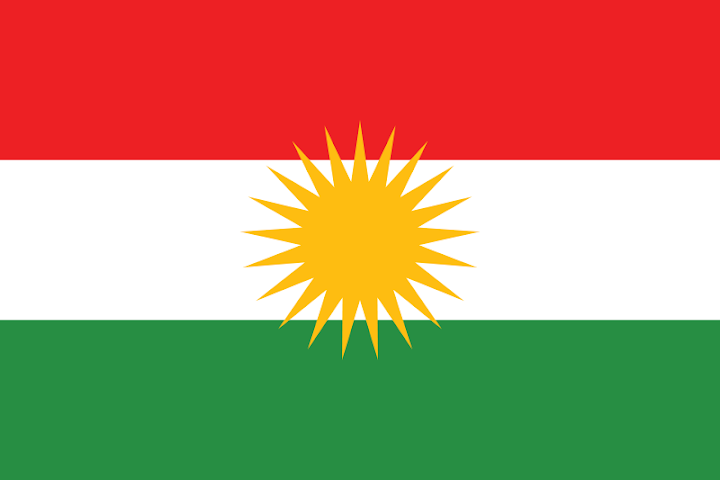Syria: In Derik, Where The Kurdish Flag Flies
By MISNA
A parallel underground battle, with ambiguous limits and aims: according to national observers, this is the situation unfolding in Syria’s Kurdish regions that since mid-July progressively broke free from Damascus’s control.
For the first time since the Ba’ath Party came to power in 1963, the city of Derik, a few kilometers from the borders with Iraq and Turkey, since July has a Kurd mayor Subhi Ali Elias. In statements released by the Iraqi-Kurd media, Elias said that he was nominated by the People’s Council, shortly after the withdrawal of the Damascus army.

Elias is a member of the Kurdish Democratic Union Party (PYD) that Ankara accuses of links to the Kurdistan Workers Party (PKK), the formation combating for the autonomy of the Kurd regions from Turkey.
For a better understanding of what is at stake and the future scenarios that could stem from the current conflict in Syria, it is important to observe the numerical force of the Kurdish ethnic group, spread throughout many States, counting a population of 25-30 million mainly based in an area divided between Turkey, Syria, Iraq and Iran.
According to some Turkish politicians close to Prime Minister Recep Tayyip Erdogan, Damascus in reality voluntarily withdrew from the Kurdish regions and is backing the PKK. This for example is the view of Yalcin Akdogan, a legislator and adviser of Erdogan. In an interview with Rudaw, an Iraqi-Kurd online news agency, Akdogan accused Damascus of “provoking” Ankara through the PKK and PYD, with this second group emerging as the strongest political force among Syrian Kurds.
The commander of the Free Syrian Army (ESL – armed rebel force), Colonel Riad al Asaad, denied “concerns” that the Kurdish movement in Syria has other aims aside from defenestration from the regime. The commander stressed that Syria is one and indivisible and that Sunni or Kurd regions don’t exist.
Nevertheless, things appear to be moving toward an autonomous Kurdish territory. “There is no fighting in Derik, but at the first checkpoints entering the city is the yellow, green and red Kurdish flag”, said Etienne Huver, among the few reporters in the area, in an interview with RFI (Radio France International). Huver explained that in Derik, like other “freed” Kurdish cities, there are no signs of fighting, with buildings intact and forms of collaboration among the Kurds and members of the old administration. A sort of “cordial agreement”, said the reporter, in some cases even more evident, such as at the House of Culture: “The Arabs work there in the morning and the Kurds in the afternoon”.
Other signs probably explain better the situation in the Kurd cities in north-east Syria: public icons are no longer images of Syrian President Bashar Al Assad or his father Hafez – though statues particularly of the father are still standing – but of Abdullah Ocalan, the PKK leader detained in Turkey, and Massoud Barzani, president of the Iraqi Kurdistan region.
